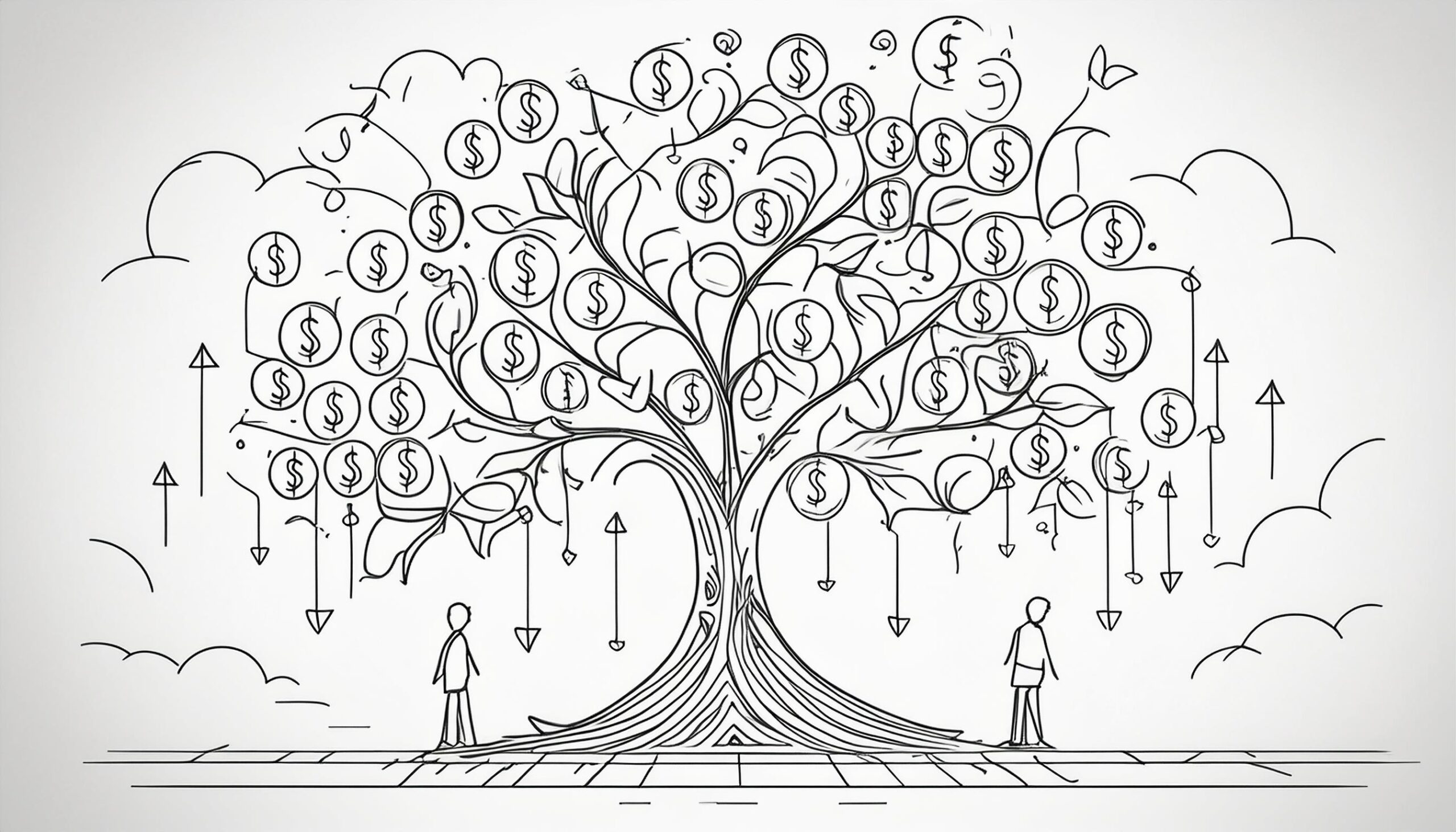In our pursuit of happiness, money often plays a significant role. Yet, the relationship between money and wellbeing is complex and multifaceted. While financial stability can contribute to happiness, it is not the sole determinant. This blog post explores the intersection of money and wellbeing, examining how economic factors influence happiness and offering insights into achieving a balanced and fulfilling life.
The Role of Money in Wellbeing
Money serves as a tool that can enhance various aspects of life, including:
- Basic Needs: Financial resources are essential for meeting basic needs such as food, shelter, and healthcare. Adequate income provides security and stability, reducing stress and anxiety related to financial insecurity.
- Quality of Life: Higher income levels are often associated with improved living standards, access to better education, healthcare, and opportunities for leisure activities. These factors contribute to overall life satisfaction and wellbeing.
- Freedom and Choices: Financial independence grants individuals the freedom to make choices aligned with their values and aspirations. It enables them to pursue hobbies, travel, invest in personal development, and support causes they care about.
Beyond Financial Wealth: Factors Influencing Happiness
While money can enhance wellbeing, research indicates that its impact on happiness diminishes beyond a certain income threshold. Other factors play a crucial role in shaping overall happiness:
- Relationships and Social Connections: Strong social bonds and supportive relationships with family, friends, and community members are vital for emotional wellbeing and happiness.
- Health and Physical Wellbeing: Good health, regular exercise, and a balanced diet contribute significantly to happiness. Physical wellbeing affects mood, energy levels, and overall quality of life.
- Sense of Purpose and Meaning: Having a sense of purpose, meaningful work, and personal growth fosters a deep sense of fulfillment and satisfaction in life.
- Work-Life Balance: Balancing work commitments with personal interests, leisure activities, and time for relaxation is crucial for mental and emotional wellbeing.
Achieving a Balanced Approach
To enhance happiness and wellbeing while acknowledging the role of money, consider these strategies:
- Define Your Values and Priorities: Reflect on what truly matters to you beyond financial wealth. Identify values, relationships, experiences, and goals that contribute to your overall happiness and fulfillment.
- Focus on Experiences Over Material Possessions: Invest in experiences that create lasting memories and personal growth rather than solely pursuing material possessions. Travel, hobbies, and cultural activities often provide greater happiness than material goods.
- Practice Gratitude and Mindfulness: Cultivate gratitude for what you have and practice mindfulness to appreciate the present moment. These practices promote emotional resilience and enhance overall life satisfaction.
- Set Realistic Financial Goals: Establish clear financial goals aligned with your values and priorities. Create a budget, save regularly, and invest wisely to achieve financial security while pursuing your long-term aspirations.
- Nurture Relationships: Invest time and effort in nurturing meaningful relationships with loved ones. Strong social connections provide emotional support, enhance happiness, and contribute to a sense of belonging.
- Engage in Acts of Kindness: Practice generosity by giving back to others and supporting causes you believe in. Helping others not only benefits recipients but also fosters a sense of purpose and satisfaction in the giver.
- Seek Professional Help When Needed: If financial stress or other challenges impact your wellbeing, seek support from a financial advisor, counselor, or therapist. Professional guidance can provide valuable insights and strategies for managing stress and improving overall happiness.
Conclusion
The relationship between money and happiness is nuanced, with financial stability playing a crucial role in meeting basic needs and enhancing quality of life. However, true happiness stems from a holistic approach that integrates financial security with factors such as meaningful relationships, purposeful work, good health, and personal growth. By prioritizing values, cultivating positive experiences, nurturing relationships, and maintaining a healthy work-life balance, individuals can achieve a balanced and fulfilling life. Ultimately, happiness lies not solely in the pursuit of wealth but in the pursuit of a well-rounded and meaningful existence.


Leave a Reply